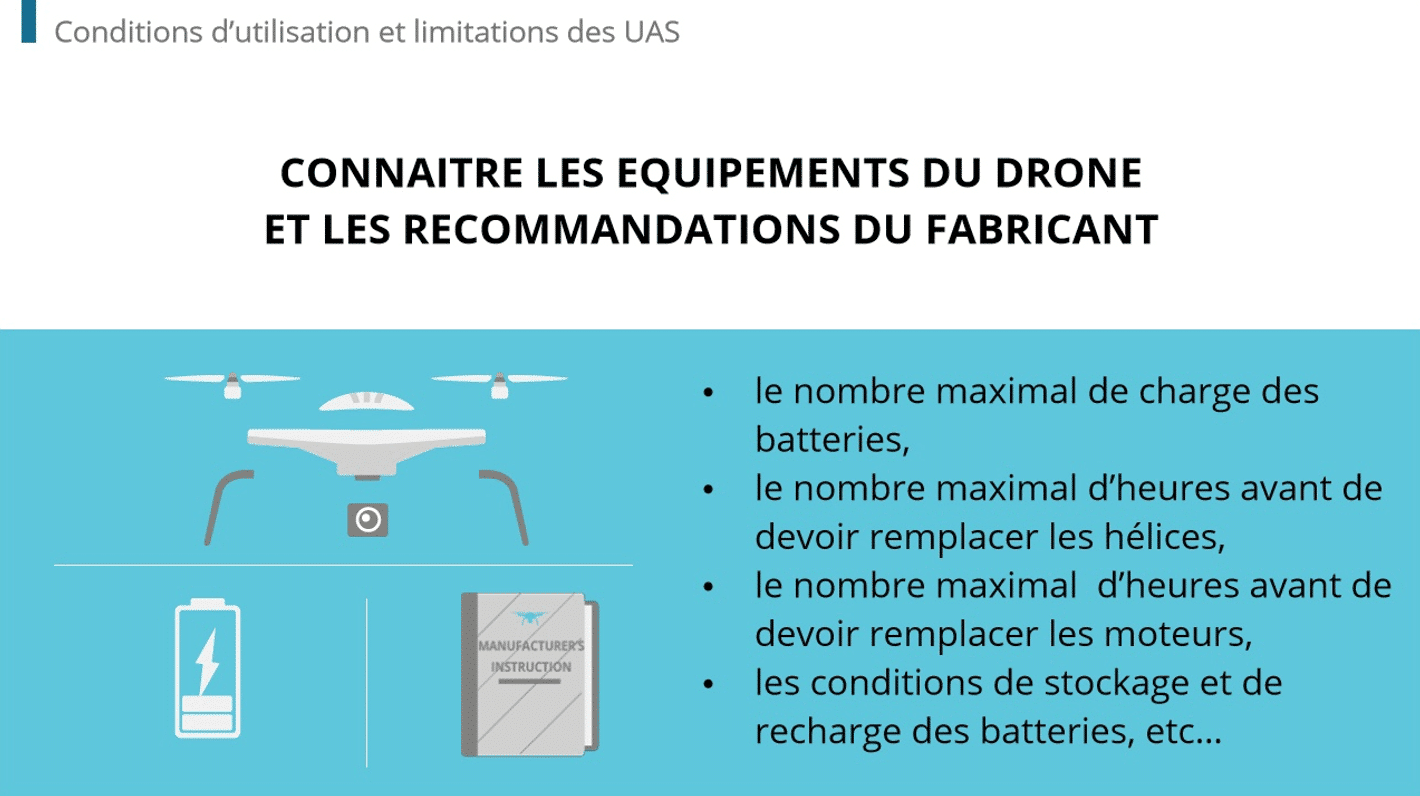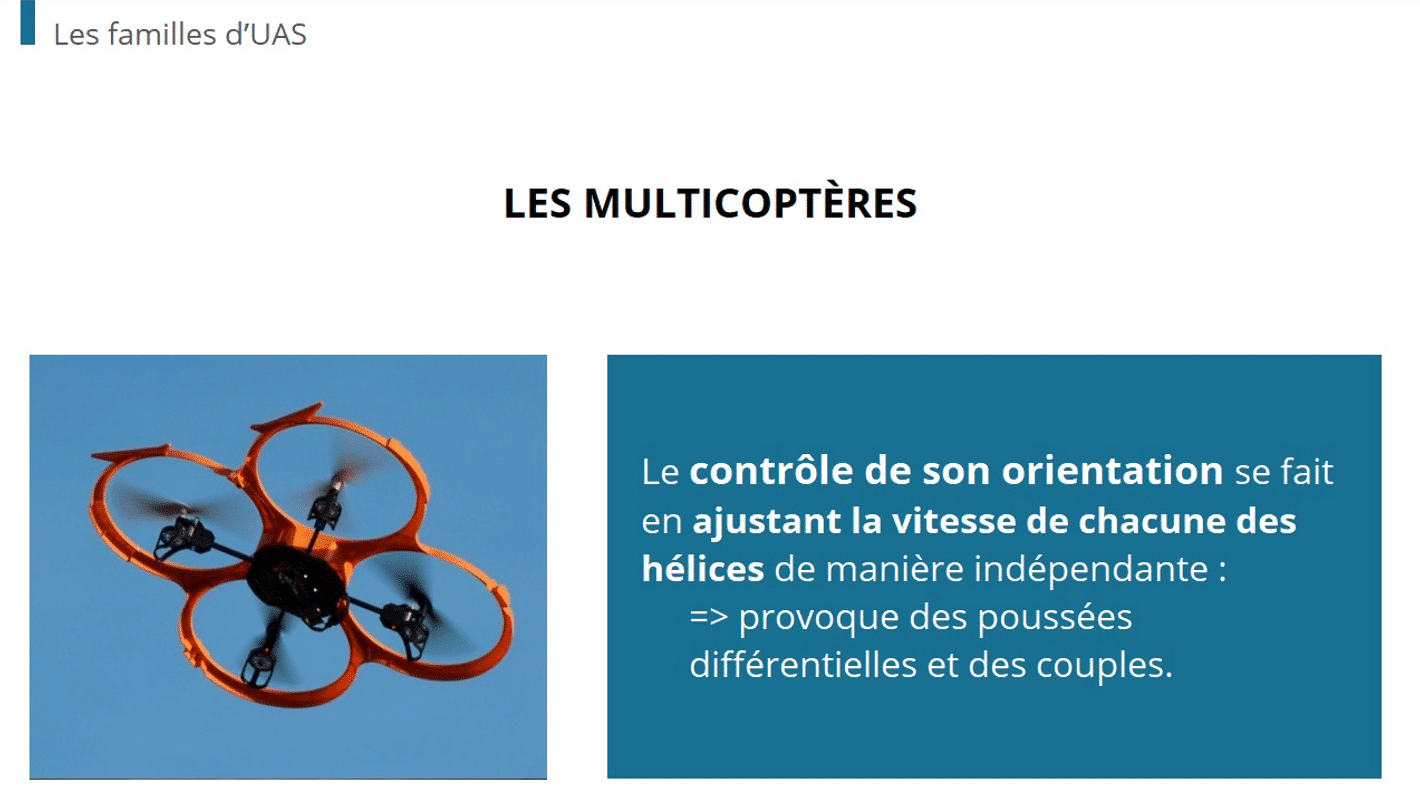Why an LMS Is Ideal for Employee and Vendor HIPAA Liability
Healthcare is a lifesaving industry. However, because so much is at stake, regulations such as the Health Insurance Portability and Accountability Act (HIPAA) are in place to protect patients and providers.
Since 1996, HIPAA has governed how healthcare providers process Protected Health Information (PHI). In today’s digital-first economy, HIPAA provides additional layers of security to protect the healthcare system from fraud and theft.
While HIPAA’s intentions are good, it can be difficult for healthcare providers—as well as their employees and vendors—to comply with HIPAA. Because non-compliant behavior is the most common source of HIPAA violations, it’s critical for organizations to train employees and vendors on the nuances of HIPAA with a Learning Management System (LMS).
Learn about the dangers of HIPAA liability, as well as how organizations can use an LMS to keep everyone HIPAA compliant.
The dangers of HIPAA liability
Some organizations, employees, or vendors might think they don’t have to follow HIPAA because they don’t deliver healthcare services directly. But even if an organization doesn’t care for patients, it must follow HIPAA if it handles any form of PHI. This includes situations like:
- Administrators who schedule patients for appointments
- IT providers that manage systems containing patient information
- Pharmacy staff who process medication information
- Billing staff who handle patient transactions
- An accountant who processes patient credit card data on behalf of a healthcare organization
In the eyes of the HHS Office for Civil Rights (OCR), everyone is responsible for HIPAA compliance. Both employees and third-party business associates are responsible for HIPAA liability as well.
HIPAA liability for employees
Employee decisions can open organizations up to HIPAA fines and penalties. However, employees can face personal consequences if they fail to comply with HIPAA, too. This includes consequences such as:
- Being terminated
- Losing their certification or the ability to practice medicine
- Severe criminal charges with a maximum fine of $250,000 and a 10-year jail term
- Tiered civil penalties ranging from $100 to $50,000 per violation
The employer still has its share of the blame for not training the employee properly, but personal accountability ensures employees take HIPAA compliance seriously.
HIPAA liability for business associates
Third-party vendors are not immune to HIPAA. As long as a provider handles PHI, they have a responsibility to protect it.
To minimize an organization’s HIPAA liability, it’s a best practice to sign a Business Associate Agreement (BAA) with third-party vendors. A BAA holds vendors accountable to certain components of HIPAA, so the provider is just as liable to HIPAA penalties as the organization it serves.
In practice, the OCR has the power to enforce HIPAA for business associates for violations such as:
- Retaliation against people who file HIPAA complaints
- Inadequately securing PHI
- Failing to notify authorities or their client about breaches
- Improper data disclosure
Most businesses pay fines for HIPAA violations, but criminal charges are possible for more severe breaches.
Why use an LMS for HIPAA compliance?
When it comes to HIPAA, organizations can’t plead ignorance. HIPAA liability can put a healthcare provider out of business, which is why it’s a good idea to train all employees and business associates on their duties for HIPAA compliance.
However, in-person training isn’t always effective. More and more healthcare providers are using an LMS to deliver HIPAA training in a convenient digital format. An LMS should be every organization’s go-to learning platform for three reasons:
1. Meet HIPAA training requirements
HIPAA requires businesses to train employees and business associates. While organizations need to train new employees soon after they join the organization, they should also regularly train existing staff. This training needs to include HIPAA updates, as well as best practices for cyber security and data handling.
Fortunately, with an LMS like Dokeos, it’s simple to roll out training at scale. With full traceability, Dokeos allows providers to document proof of training for every employee. Since HIPAA requires proof of training, Dokeos makes it easy for healthcare organizations to document their compliance in the event of an audit.
2. Improve the quality of training
With an LMS, learners have 24/7 access to course materials. Thanks to an LMS’s convenient digital format, it’s much easier for employees to brush up on their knowledge of HIPAA while they’re on the go.
An LMS also ensures every employee and business associate receives consistent information. Organizations no longer have to rely on different instructors or in-person learning. With an LMS, all learners see the same information to ensure consistency.
3. Reduce costs
In-person HIPAA training requires airfare, hotels, instructor salaries, and room rentals. With HIPAA liability training in an LMS, organizations can pre-record videos once and make them available forever. There’s no need to pay an instructor for every HIPAA training, which significantly reduces the costs of training.
It’s also much easier to add or adjust LMS modules in the event of a HIPAA update. There’s no need to reprint materials: Simply make a few updates in your Dokeos LMS and roll out the changes to all learners.
Reduce HIPAA liability with Dokeos
In an industry like healthcare, constant vigilance is key. HIPAA requires every business and individual to be a good steward of patient information.
However, compliance isn’t easy. That’s why healthcare organizations use a HIPAA-friendly LMS like Dokeos. Dokeos provides BAA templates that you can ask every stakeholder to sign during their training. With full traceability, Dokeos LMS is the best way to ensure HIPAA compliance. Start a free trial now to see how a structured LMS like Dokeos can keep your team compliant.







































